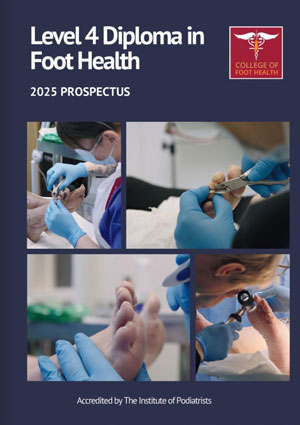
This guideline covers identifying children, young people and adults with symptoms that could be caused by cancer. It outlines appropriate investigations in primary care, and selection of people to refer for a specialist opinion. It aims to help people understand what to expect if they have symptoms that may suggest cancer.
We have used the terms ‘men’ and ‘women’ in some recommendations on gender-related cancers, but they also apply to people who have changed or are in the process of changing gender, and who retain the relevant organs.
See the guidelines here
In December 2021, we reviewed the evidence on fixed and age-adjusted thresholds for prostate-specific antigen testing and updated the recommendations on referral for suspected prostate cancer.
Recommendations
This guideline includes recommendations on the symptoms and signs that warrant investigation and referral for suspected cancer.
The recommendations are organised by:
- the site of the suspected cancer
- the symptom, alphabetically then in order of urgency of the action needed
- the findings of primary care investigations
The guideline includes recommendations on:
- symptoms in children and young people
- information and support for people with suspected cancer and their families and/or carers
- active monitoring in primary care of people who have presented with symptoms (safety netting)
- best practice in the diagnostic process
Who is it for?
- Healthcare professionals
- People involved in clinical governance in both primary and secondary care
- People with suspected cancer and their families and/or carers



